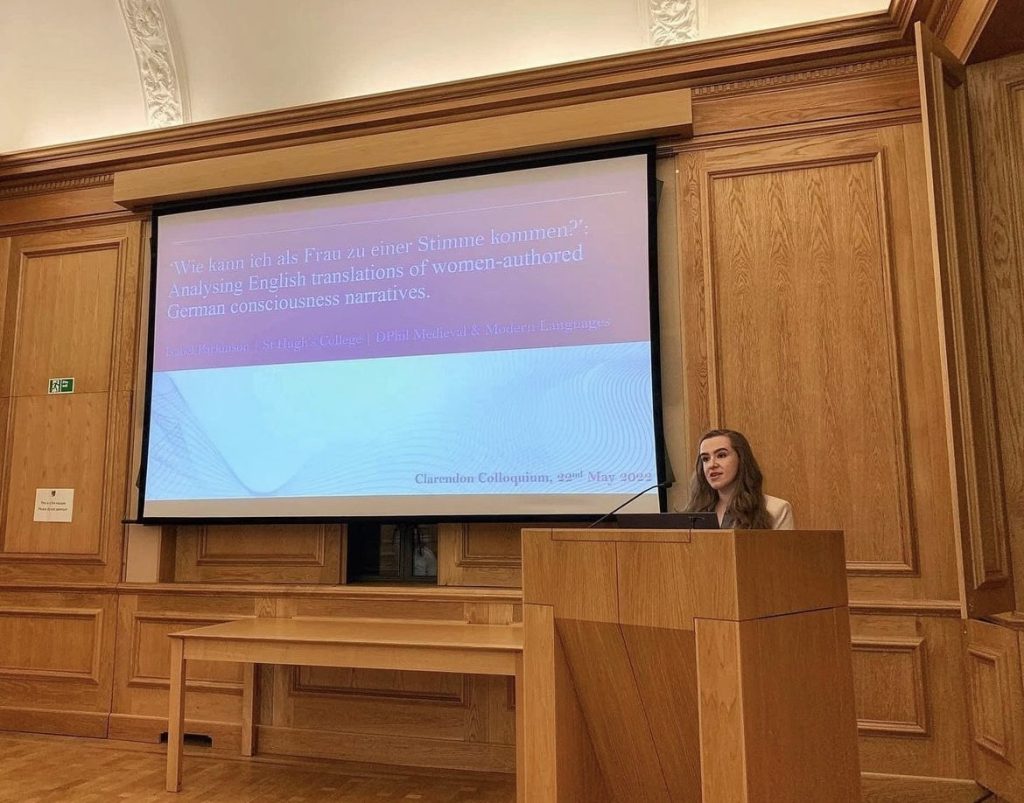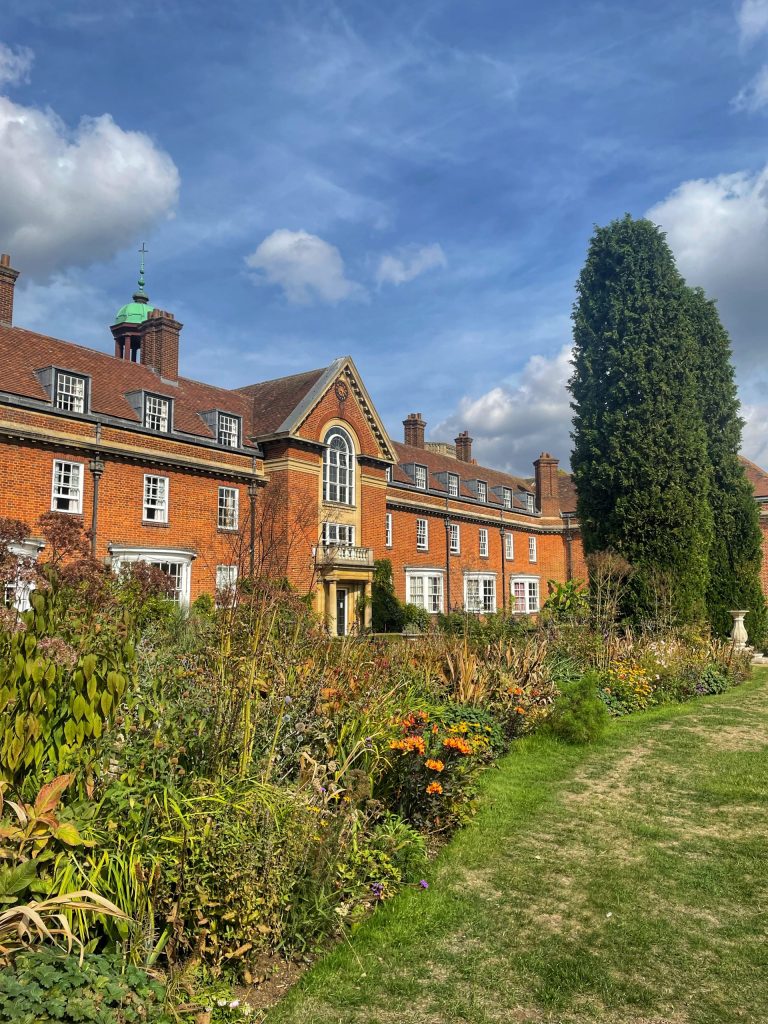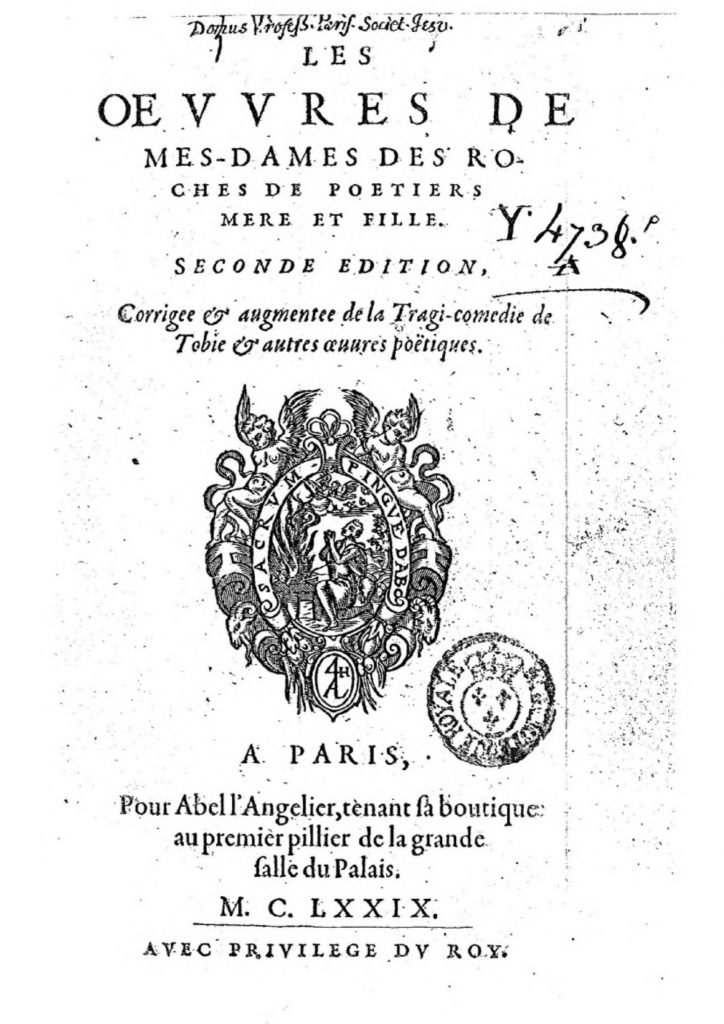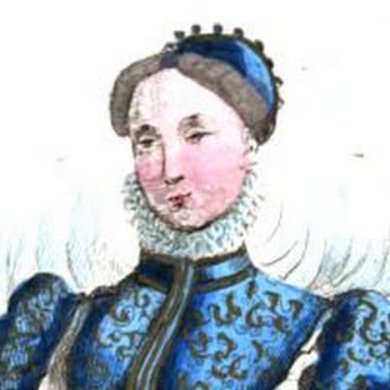Have you ever wondered what it’s like to continue studying a subject you love, beyond an undergraduate degree? Well, wonder no more! Further study is a popular route taken by our graduates, whether it’s completing a Law conversion, a PGCE, or a DPhil [1] . On the blog this week, current DPhil student in German, Isabel Parkinson, explains what this means and entails…
Being a DPhil student is to exist in a strange, liminal space between the student bubble and the real world. You’re straddling the boundary between town and gown; certainly no longer an undergraduate – in fact, you’re probably teaching them! – but still going to college formals, still claiming a student discount whenever the chance should come your way. I was an undergraduate here at Oxford, and I’m a third-year DPhil student now – not quite long enough to have produced a full thesis, but long enough to have noticed the biggest differences between the two degrees.
Expertise
Even if you are just a couple of weeks into your DPhil research, you’ll have crafted a research proposal that is so niche, and so specific to you, that you are probably already a world expert in your own little field. It’s possible that nobody else in the Faculty will be looking at your chosen author or text, or will have considered your topic with the particular slant that you have put on it, or will have seen the archive material that you’re accessing.

How often you meet with your supervisor will depend on what you both decide, but there is a real possibility that you could go for at least a fortnight without seeing anybody else (theoretically, at least – I do not advise doing this). It’s a personal choice, how much you fill this time and what you fill it with: you may choose to take on teaching commitments, to convene this seminar or that reading group, to deliver outreach, to present at conferences.
Instead of tutors asking you questions to which they already know the answers, your supervisor(s) will ask you for your opinion and input because they recognise it as valuable, informed. It’s a disquieting feeling at first; similar to when the GP asks you what treatment you fancy for whatever ailment you’ve presented them with. But as you’re trusted to set your own working pattern, your hours, your deadlines, as the bare bones of your research proposal get fleshed out, the feeling of being a clueless undergraduate pushed, blindfolded and disoriented, into a world of Real Academics, begins to fade.
People
The end of an undergraduate degree brings an end to tutorial partners, college classes, lectures. Rather, as a DPhil, you will likely mix much more with people in fora not specific to your degree – the MCR [2] , perhaps your scholarship or funding group, on projects or at conferences. It generally means coming into contact much more frequently with people working on very different research – oncology, music, archaeology, politics, anthropology… you get the sense very quickly that you could assemble an unbeatable University Challenge team.

Unlike school, undergraduate, and maybe even Master’s, a DPhil cohort is also a much broader cross-section of ages and life stages. I spend an inordinate amount of time saying to new acquaintances, variously, ‘nooo, I can’t believe you’re thirty-seven!’ or ‘wow, so – yes, you were still in primary school when I was a Sixth Former?!’ Mixing with people who have spent years in the working world, or who are married or have children, helps to remind you that life is a little broader and bigger than your laptop screen and your library desk, in a way which the undergraduate world seldom does.
Time
Unlike at undergraduate level, there is more of a sense at DPhil level that you are expected to have a rich life outside of your research. Three senior academics have now told me, independently of each other, that one never has as much free time again after the DPhil – so enjoy that time; read widely; explore new topics; do those things that you didn’t get time for as an undergraduate.

Focus
From swapping between ten or so subjects at GCSE, three or four at A-Level, a plethora of assorted papers or modules at undergraduate – a DPhil is the culmination of an increasingly specialised focus across your academic journey.
Rather than the constant working towards deadlines as an undergraduate – handing in a completed essay for a tutorial and, Sisyphus-like, beginning the whole process again with a fresh title – you spend three or four years focussing on one title, one big research question. That focus will shift as you get better at research, get worse, and then get better again, as you read more texts and soak up more opinions – but that’s what keeps the whole process so absorbing.
Isabel Parkinson
St Hugh’s College | DPhil in German
[1] Doctorate of Philosophy. The PhD is known as the DPhil in Oxford.
[2] MCR (Middle Common Room): The self-governing body and social centre for graduate students in a college. Fourth year students are also granted MCR membership. The MCR is also a room located in the college.


